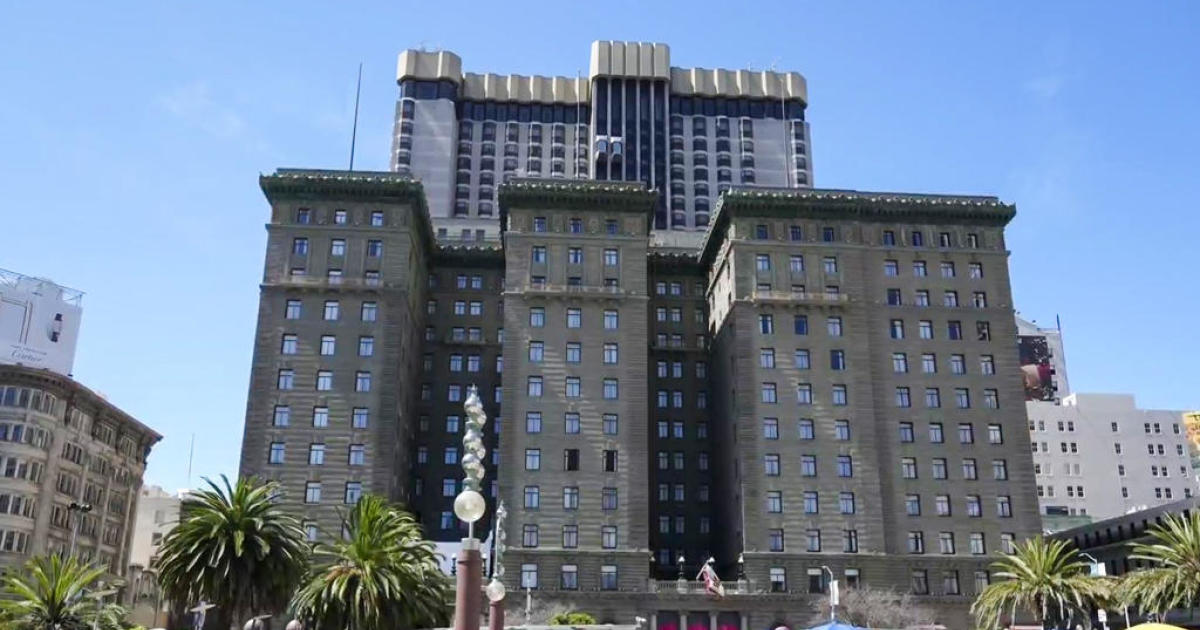Marin Water District Revisiting Possible Water Pipeline Over Richmond-San Rafael Bridge
SAN RAFAEL (KPIX 5) -- The worsening drought is forcing one Bay Area water district to revisit a possible solution and in a sense, go back in time.
A pipeline stretching all the way across the Richmond-San Rafael Bridge could partly address the water shortage. It hasn't been fully approved, but millions of dollars are being spent to see if it could be a viable solution.
Nearly 200,000 Marin County residents rely on the Mount Tamalpais watershed for drinking water and other needs. But lack of rainfall for years, and maybe many more, is drying up its reservoirs.
"There has been understandably a fair amount of concern, are we going to run out of water? I've had a lot of people reach out to me very anxious saying this is a crisis of biblical proportions," said Marin Municipal Water District Board President Cynthia Koehler.
The water district just approved $2.2 million dollars for consultants to work on initial designs for a 7-to-8 mile pipeline, stretching across the upper deck of the Richmond-San Rafael Bridge, that could bring much-needed water from Central Valley agricultural areas.
"A pipeline is the kind of thing you can come to when you need it," said Koehler. "It's not the kind of thing where we're required to buy water from the Central Valley when we don't have a drought."
Tom Flynn of local environmental group Green Change believes the pipeline project should be explored but is concerned pumping water in to meet increasing demand will only lead to unnecessary energy use.
"We're trying to meet all our energy requirements currently," said Flynn. "The more we add on additional energy demand, the harder it gets to being able to rely completely on renewable energy. "
Mandatory restrictions like limiting water use for lawns are already in place. But recent numbers show consumers are falling short of the district's 40% water reduction goal.
Building a pipeline like the district did during the 1977 drought could be part of the fix and likely wouldn't be taken down in the foreseeable future, with drought a recurring problem.
"We're m really looking at this as a long-term investment," said Koehler.
Water officials estimate the new line would cost $60 to $80 million to construct. If all goes according to plan with approvals, the project could be completed by early June. Consumers should expect a rate increase as well.
If it falls through, the board is looking at other options, including tightening restrictions even more and looking further into desalination plants.



